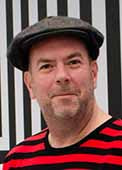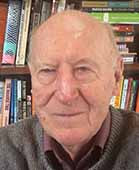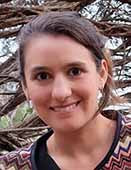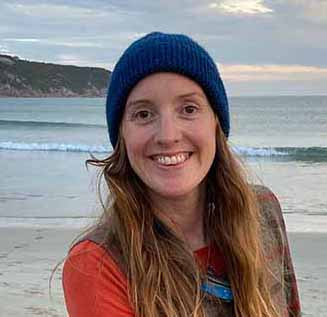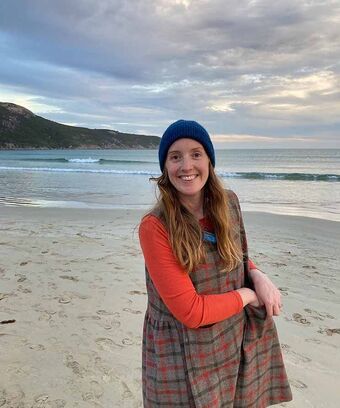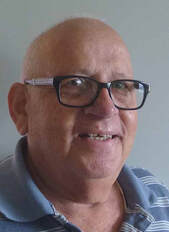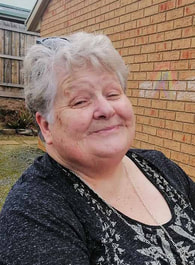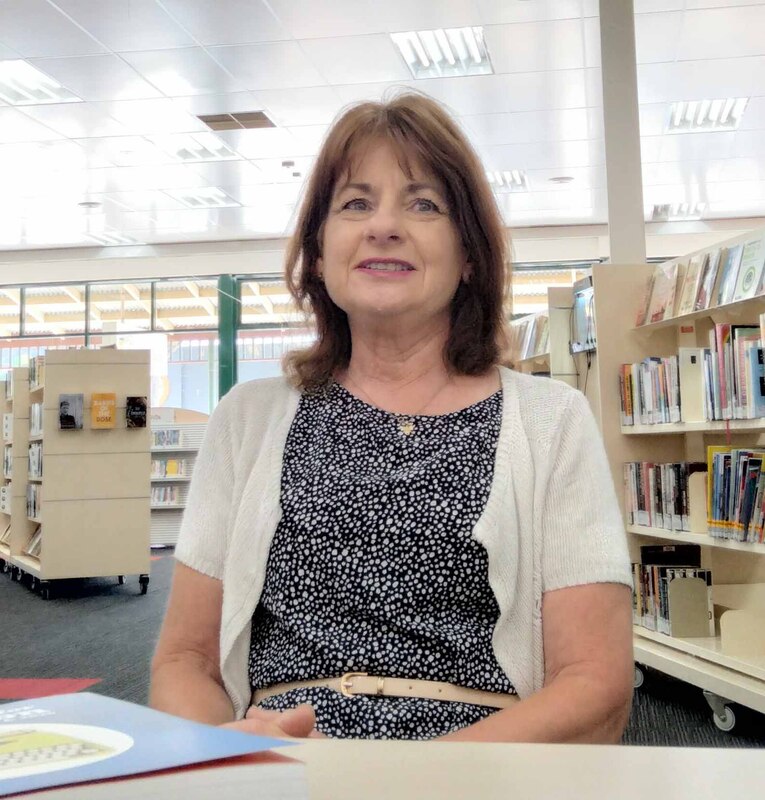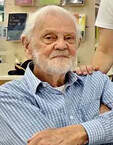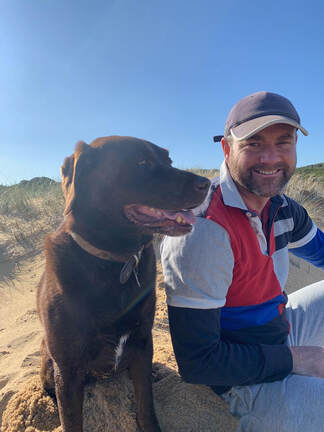| By Kit Fennessy
| Cape Paterson author and publisher Kit Fennessy has won third prize in the short section of the Bass Coast Prize for Non-Fiction with Sands of Time, a witty slice of memoir that seamlessly weaves together metaphysics, geology, history and Jimmy Hendrix. Kit has self-published a number of books, short stories and novels, which are available through ArtSpace (Wonthaggi) and the library, and released a new thriller titled ‘Cornerstone’ in October. |
